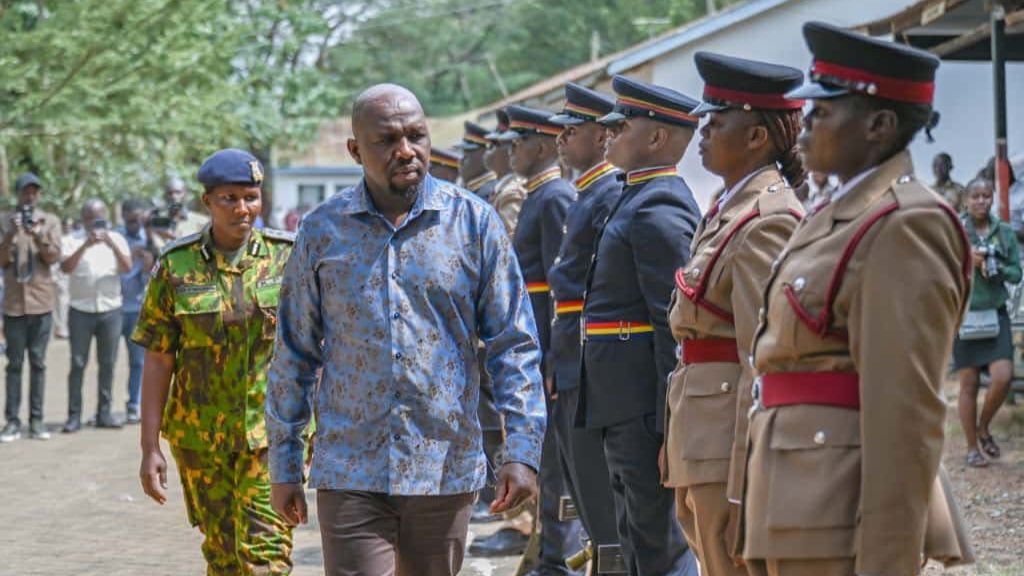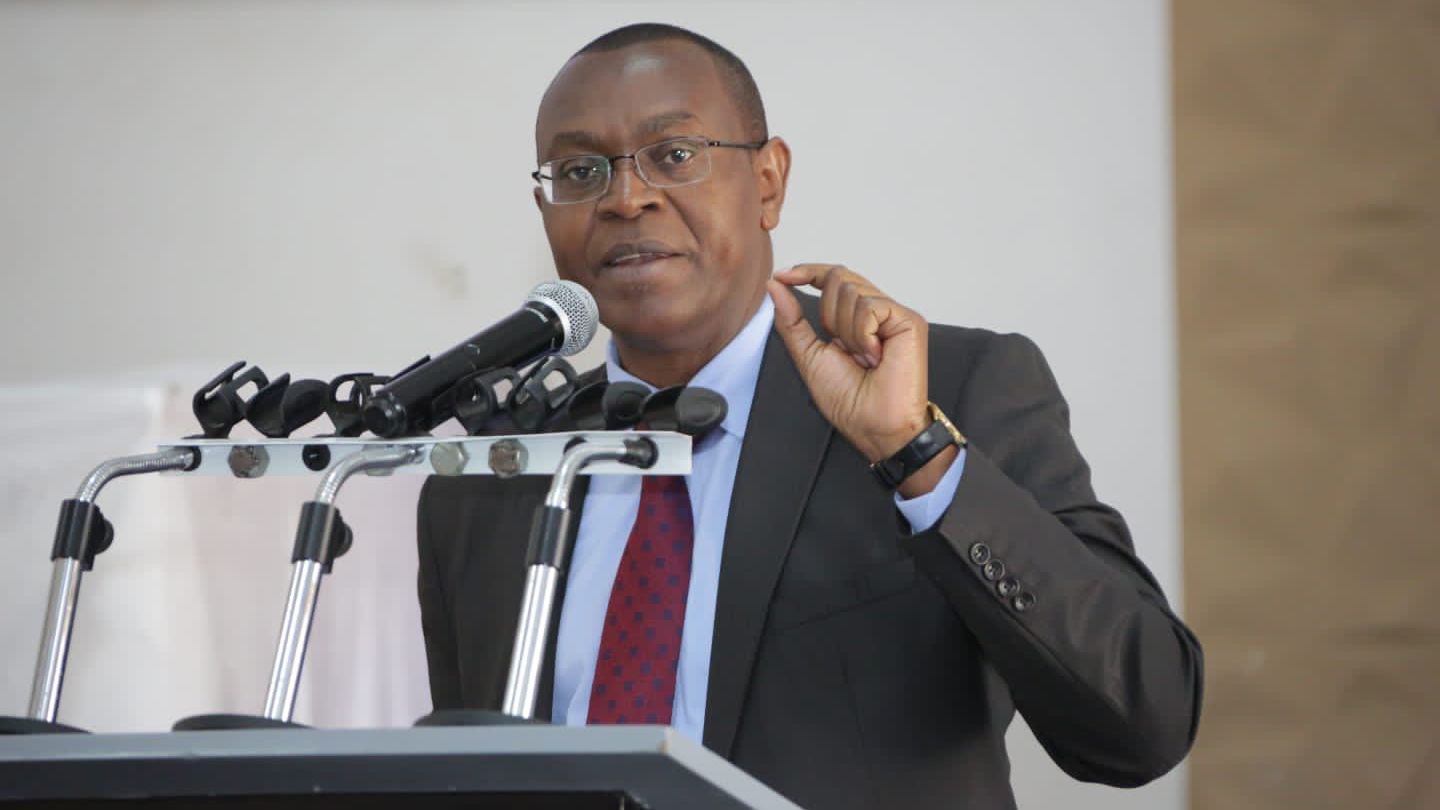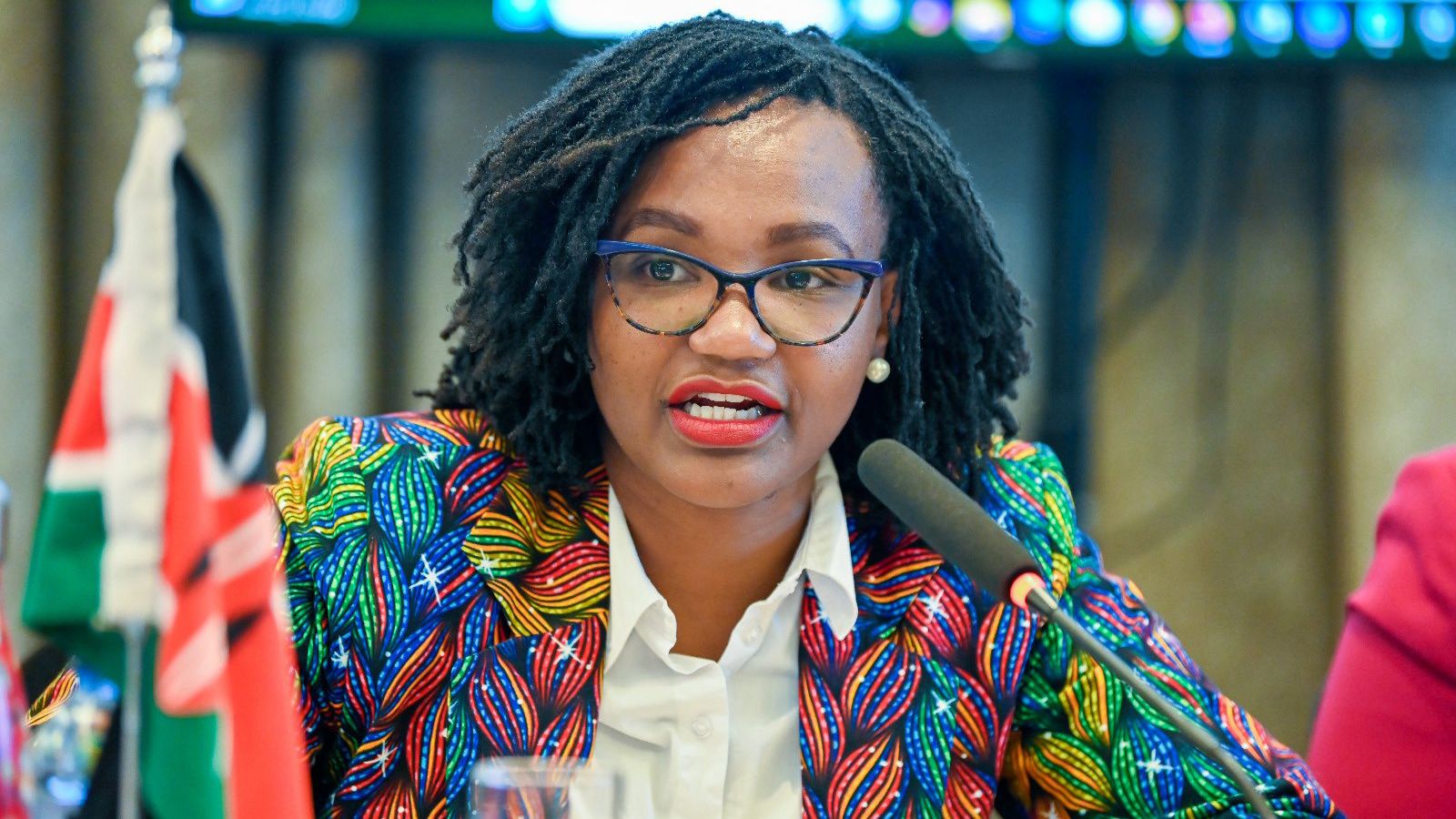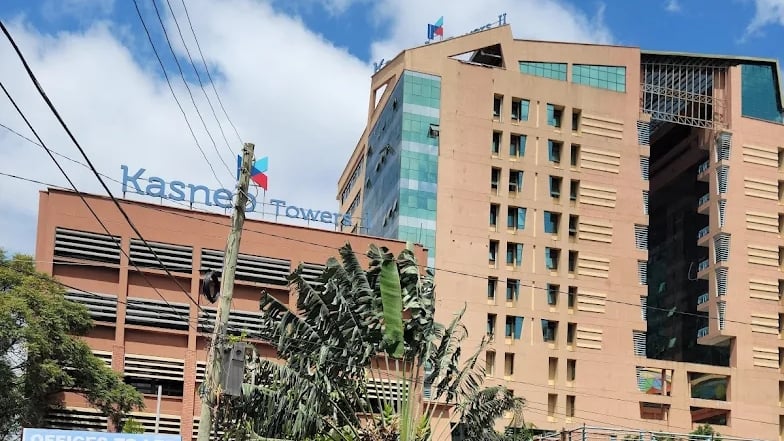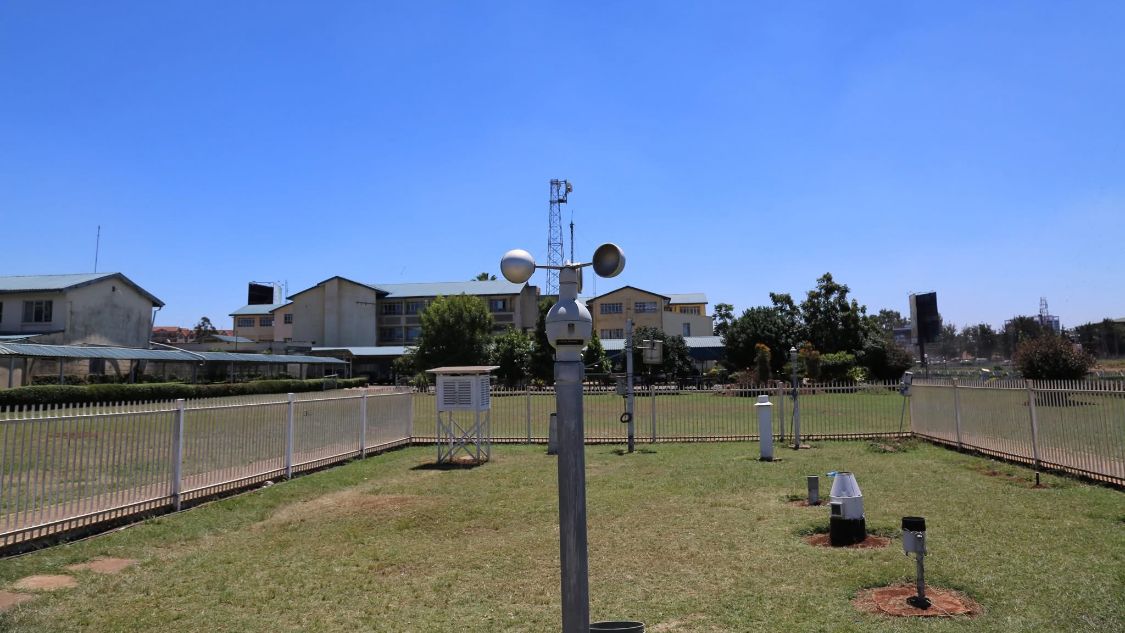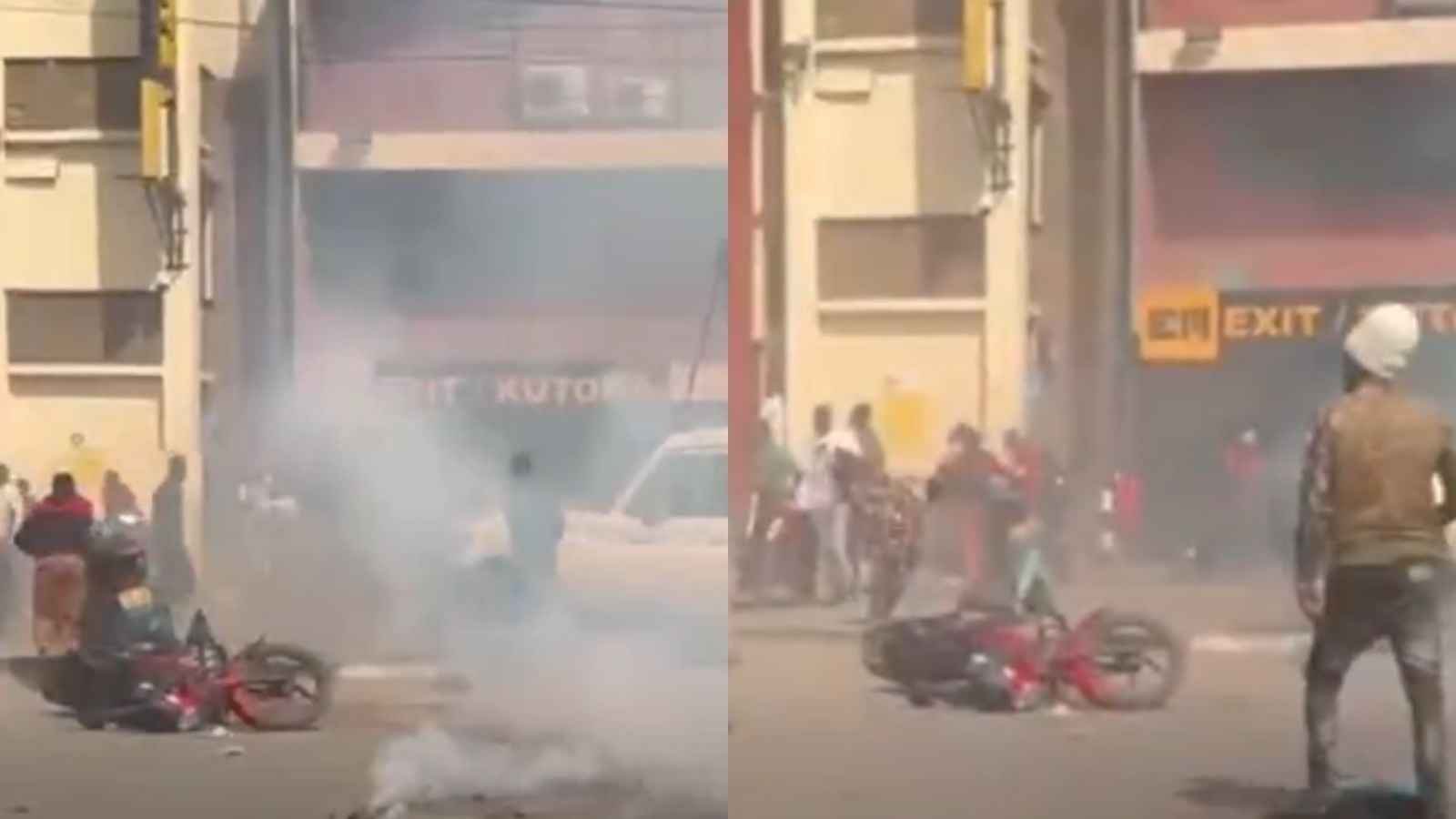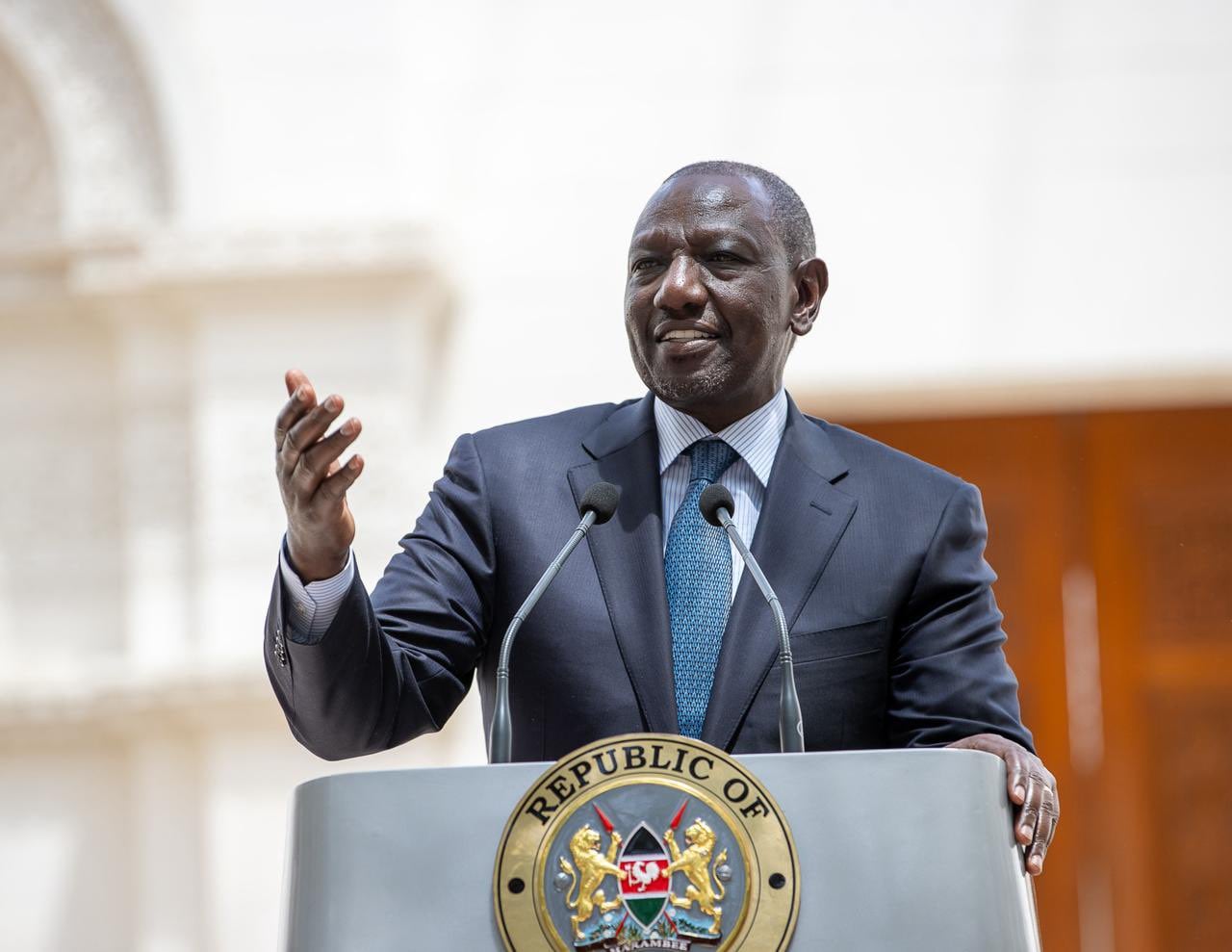Interior Cabinet Secretary Kipchumba Murkomen has defended the government’s decision to deploy plainclothes officers in certain operations.
Speaking in an engagement forum on Monday, September 15, the CS said the move is meant to prioritize the safety of police officers on duty.
Addressing concerns over the practice, Murkomen said that if enforcement officers see the need to operate discreetly during assignments, then they should.
"We will not allow our police officers to put their lives in danger by wearing a uniform when they shouldn’t be wearing a uniform. Even in protests, DCI are automatically in plain clothes. If it is necessary for them to be masked to protect themselves, then they should," he said.
At the same time, Murkomen highlighted the progress made in the fight against banditry in the North Rift, crediting police operations with restoring confidence among locals.
Read More
"In North Rift, hardcore criminals are returning their guns because of the persistent operation that was done by the police. When citizens see that police are determined to apprehend criminals, the level of support goes higher. Schools have been open and economic activities have opened," he remarked.
In addition, Murkomen stressed that national security goes beyond law enforcement, calling for community involvement in combating emerging threats such as radicalization.
"Security is not only the responsibility of police officers. We even wonder what to do in situations where we see people being slapped so that the spirits of the devil can come out and the Holy Spirit can enter. In the Shakahola situation, religious radicalization went so far as to the point where people were being starved to death. To deal with this, we will need a whole society approach," he noted.
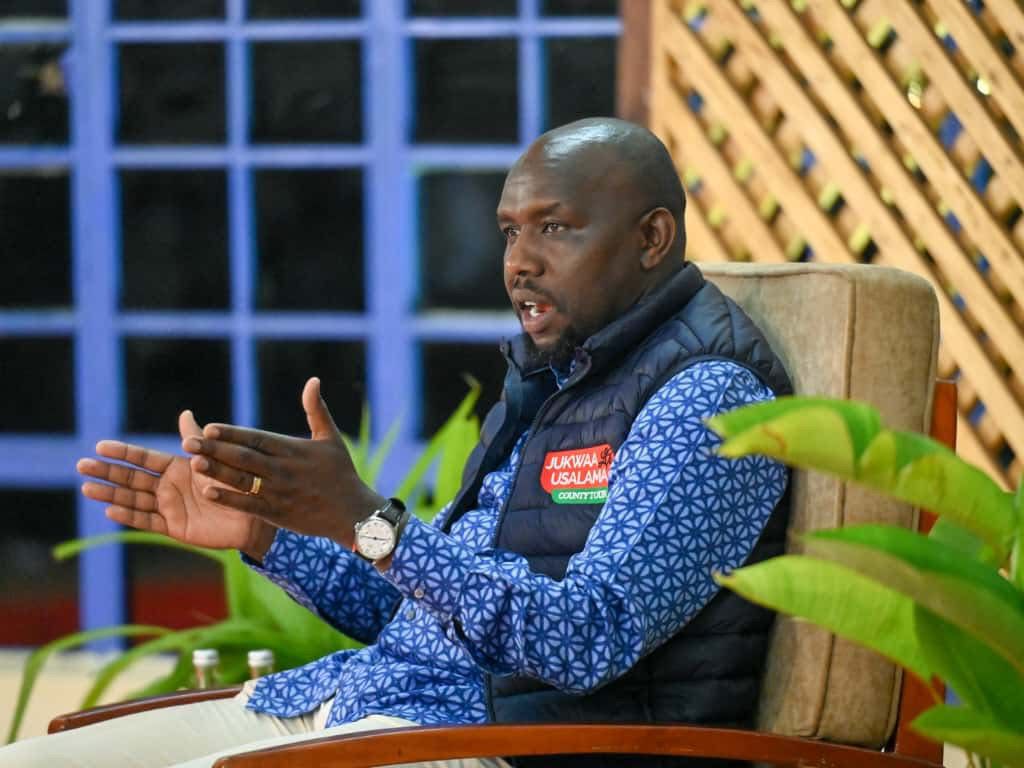
The controversy surrounding the deployment of masked plainclothes officers dates back to August 2024 during the height of the anti-Finance Bill demonstrations.
The matter was taken to court, leading to the High Court prohibiting plainclothes police officers from covering their faces while handling protests.
In a ruling on Wednesday, August 14, at the Milimani Law Courts, Justice Bahati Mwamuye ordered that the officers should not in any way make it difficult for them to be identified.
The judge further directed that police officers dealing with protestors should at all times have their name tag and service number affixed on their uniform and clearly visible.
"A conservatory order be and is hereby issued requiring the 5th Respondent (National Police Service) to ensure full compliance with Paragraph 10 of the Sixth Schedule to the National Police Service Act in terms of ensuring that all uniformed Police Officers or persons acting under the direction, control, or in support of the National Police Service shall at all times affix a nametag or an identifiable service number in a clearly visible part of their uniform when engaging with, providing security for, or in any way dealing with any person(s) who is or is planning on assembling, demonstrating, picketing, or petitioning; and they shall not remove or obscure the same.
"Where plainclothes or non-uniformed police officers are deployed or utilized in any manner with regard to person(s) who is or are planning on assembling, demonstrating, picketing, or petitioning, police officers shall not in any way hide or obscure their faces so as to render them difficult to identify or identifiable," the judge ruled.
Mwamuye also ruled that police officers should not obscure the identification or registration of a motor vehicle used while dealing with protestors.
He issued the conservatory order pending a ruling on a petition filed before the court.
"I am satisfied that the petitioner/applicant has met the requisite legal threshold for the grant of interlocutory conservatory orders within a constitutional petition," he stated in the ruling.
